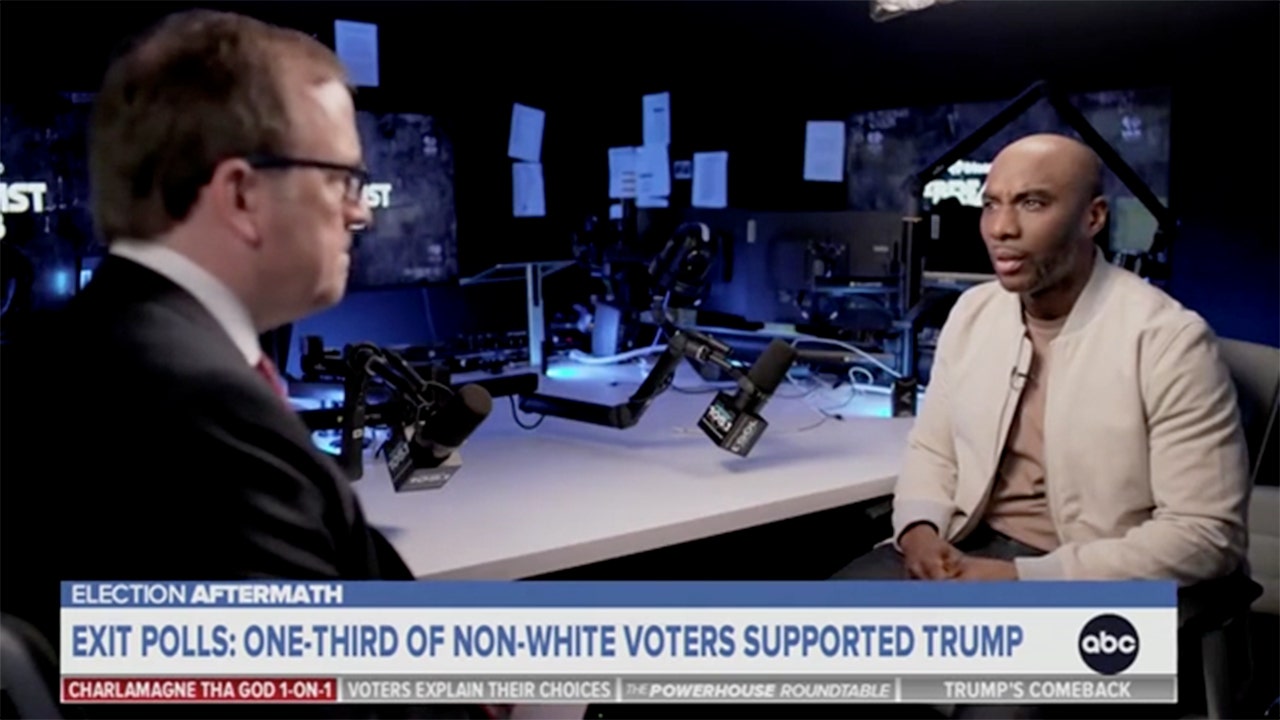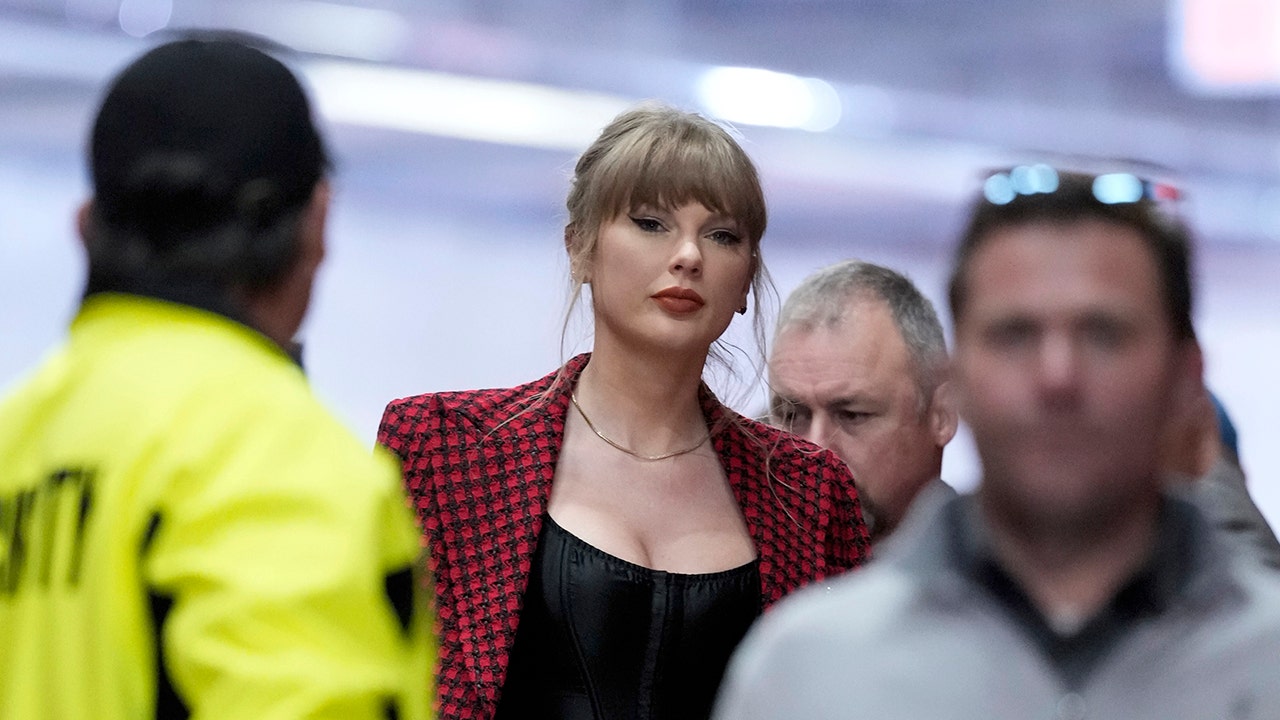Editor’s Note: Roxanne Jones, a founding editor of ESPN The Magazine and former vice president at ESPN, has been a producer, reporter and editor at the New York Daily News and The Philadelphia Inquirer. Jones is co-author of “Say it Loud: An Illustrated History of the Black Athlete.” She talks politics, sports and culture weekly on Philadelphia’s 900AM WURD. The views expressed here are solely hers. Read more opinion on CNN.
CNN —
“Use your voice.” That’s what Mom always said to do when I was confronted by an injustice or a bully, as was often the case for me growing up.
No easy lesson, especially for a scrapper like me who was used to righting all my worldly wrongs with my fists.

But then, you grow older, the bullies get bigger, and more stealthy at systemically devaluing your humanity. You discover that the injustices are entrenched in society — whether they come from teachers, coaches, the police or a political system that exploits communities like yours.
You get two choices: Give up and stay angry at the world or find the power in your voice to fight for what’s right.
That lesson played out last week as two big news stories unfolded, both involving voices confronting power and the question of race in America.
In Tennessee last week, three Democratic lawmakers used the power of their voices to protest for gun reforms after a shooting at a Nashville Christian school left six dead — three 9-year-olds and three adults. Citing rules against breaking House decorum, the legislators of the majority-Republican body shockingly voted to expel only the two Black politicians — Reps. Justin Jones of Nashville and Justin Pearson of Memphis, both in their 20s. The third lawmaker, Rep. Gloria Johnson of Knoxville, a 60-year-old White woman, was not expelled.
These are democratically elected voices who dared to challenge the status quo and were immediately shut down by the most draconian of measures. Two were kicked out of the legislature, one saved by only one vote.
Asked after the vote why she was not expelled, Johnson called it like she — and many others — saw it:
“It might have to do with the color of my skin,” she said.
Jones and Pearson have both vowed to continue to lift their voices against gun violence and lead the fight for swift action on substantive gun reform in their state. And Johnson, for her part, is asking for the community to stand by Jones and help to get him back in the House.
Then of course, there was the dust-up between 20-year-old LSU women’s basketball champion Angel Reese and first lady Jill Biden about a White House visit.
Reese initially had refused to visit the White House — a 150-year-old tradition that began with President Andrew Johnson — after she (and many others) felt insulted by the suggestion from the first lady (who attended the final in person) to invite the losing team, Iowa, as well “because they played such a good game.”
Reese spoke up for her own dignity and sparked a necessary conversation about the pervasive racial bias in both politics and sports media. The LSU star quickly found herself in the middle of a media storm about race in sports: LSU is a majority-Black squad. Iowa, which lost the championship, is a largely White team led by basketball phenom Clark.
After LSU defeated Iowa, controversy erupted over how Clark and Reese — both athletes at the top of their game who bring the swagger and trash talk to the court — earned very different treatment from media and fans. The idea floated by Biden — to invite the losing team too — was rightly interpreted in most corners of the sports universe, and by many Black women across the country as a staggering insult to the joy of victory LSU, led by Reese, had duly earned.
Even after the first lady’s press secretary attempted to clarify that only LSU would be invited, Reese held her ground, telling two podcast hosts, “I don’t accept the apology because you said what you said. … You can’t go back on certain things that you say. … They can have that spotlight. We’ll go to the Obamas. We’ll go see Michelle. We’ll see Barack.”
Not surprisingly, Reese, who never had her school’s support for her plan to skip out on the White House visit, was on ESPN on Friday morning using her powerful voice this time to de-escalate the White House controversy.
Reese, dubbed the “Bayou Barbie,” was uncharacteristically somber as she announced her about-face on the visit.
“I’m a team player,” Reese said. “I’m going to do what’s best for the team, and I’m the captain. I know the team would love it.”
Reese’s reasons for wanting to skip out on the White House visit resonated with many in the Black community, who also felt Biden’s idea was disrespectful to Reese. However, her critics were also vocal, and at times toxic. They objected loudly to her tone with the first lady.
So, no doubt many people believe that Reese’s gesture of concession for her team was the right move. But that shouldn’t be the end of the story.
That’s because nothing about what prompted Reese to speak out has been addressed. She tried to speak an authentic truth about how she and her teammates were treated, a truth that resonated with so many Black women whose feelings, experiences and priorities have been marginalized again and again.
And typically, those with power do what they do best — ignored her voice and her concerns. What matters is why Reese recoiled at the suggestion to include the runners-up. What matters is why she instead wanted to go to what she perceived to be a safer space and visit the Obamas.
Addressing her concerns would have meant acknowledging and validating her truth and engaging in a dialogue with a specific demographic, young Black women, about what matters to them.
My mother’s advice is a difficult path to follow, no matter your age. As the expelled representatives Jones and Pearson found last week, along with Reese, speaking truth to power often comes at a high price, especially if you are Black. How many times will we as a nation accept the status quo when those in power try to silence young voices, specifically Black or brown Americans who try to practice my mother’s sage advice and use their voice?
Too many Americans are hard-pressed, for instance, to see how their lives have improved when Democrats hold political power in this country. They are frustrated by the lack of progress they see on issues ranging from voting rights and police reform to school safety, gun reform, even the much talked about slavery reparations President Joe Biden spoke about while campaigning.
Pearson and Jones are continuing to speak. And no matter how Reese plays it — whether she visits the White House or not — she’s already won just by raising her voice to demand the respect she deserves.
.png)
 1 year ago
6
1 year ago
6










 English (US) ·
English (US) ·